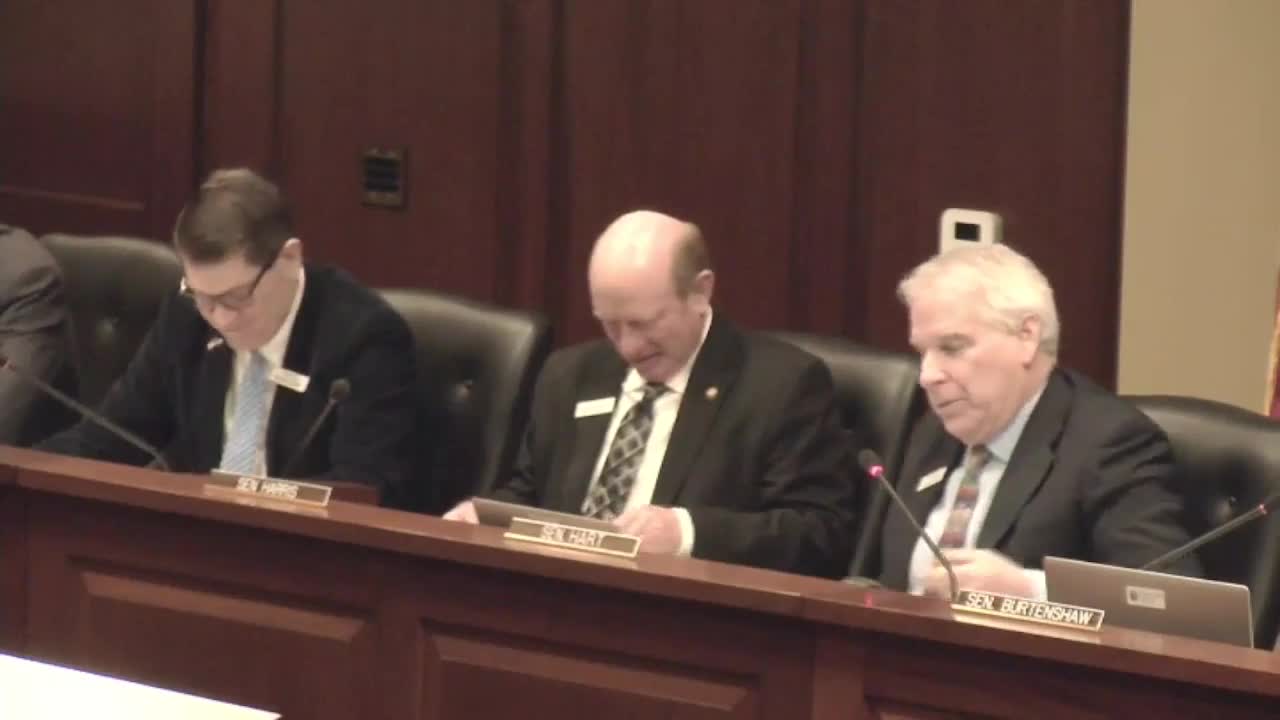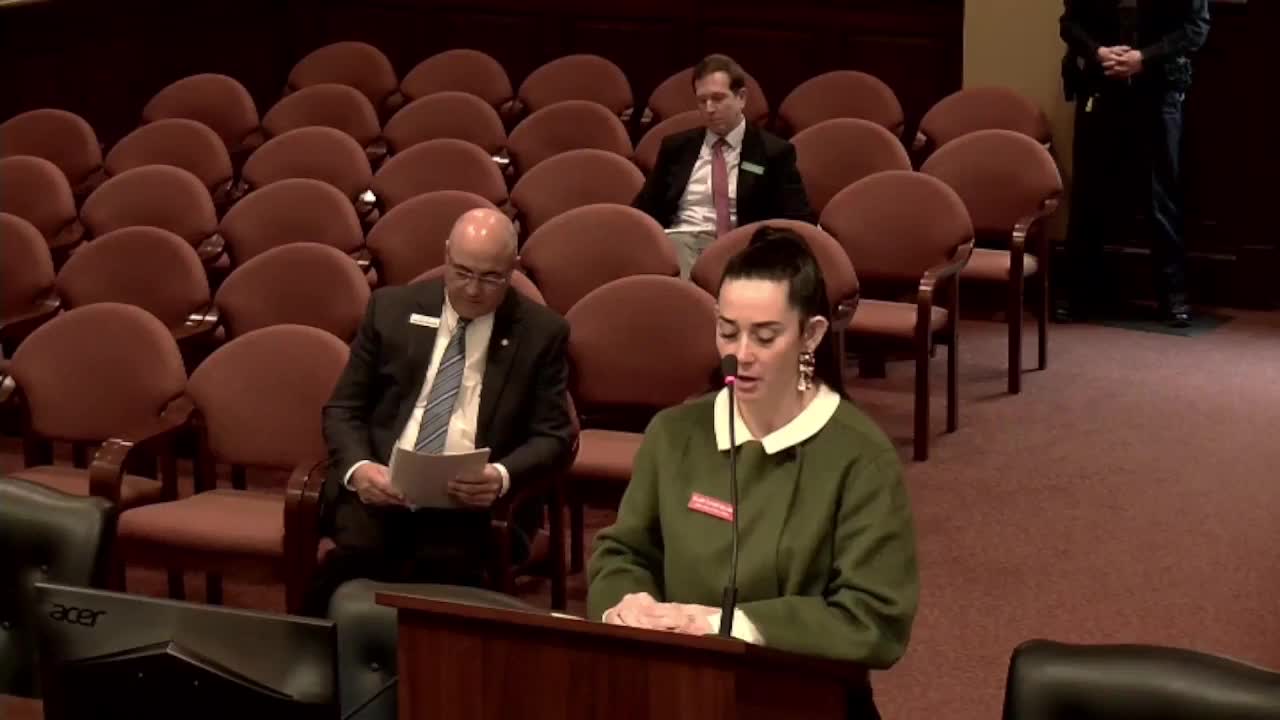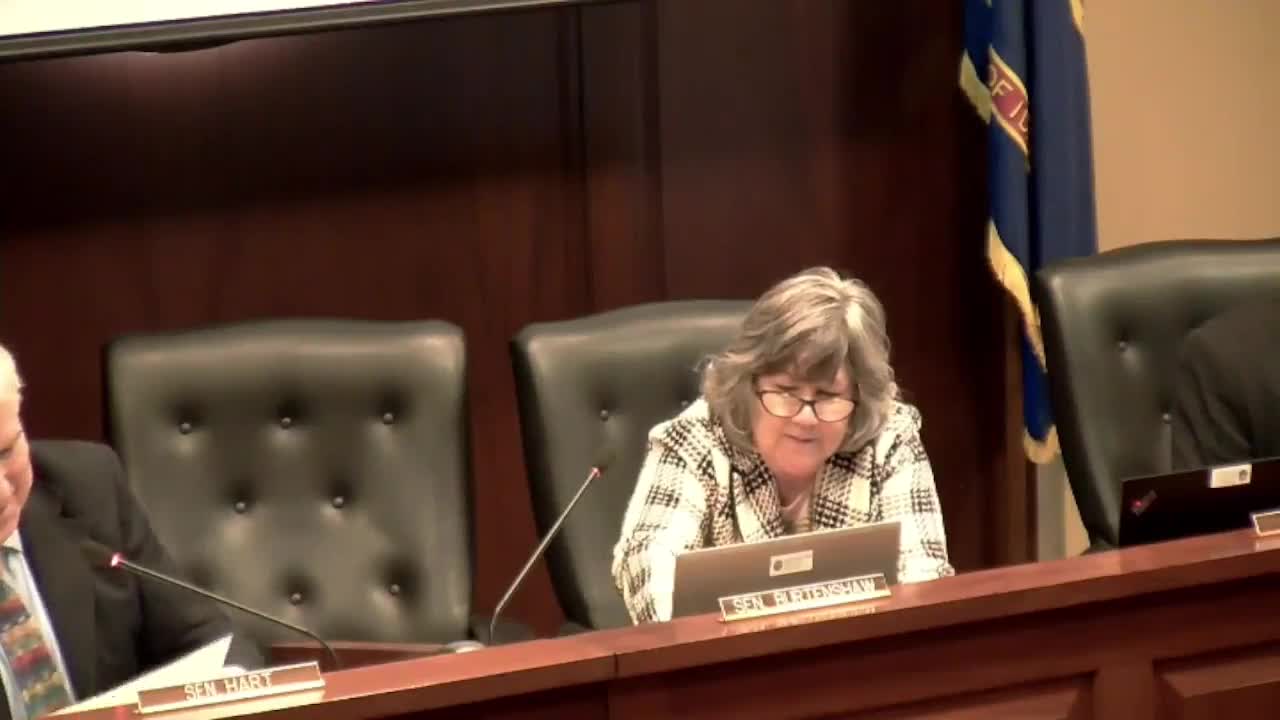Article not found
This article is no longer available. But don't worry—we've gathered other articles that discuss the same topic.

Fish and Game director reports low but spreading chronic wasting disease, declining wolf numbers and increasing grizzly conflicts

Committee forwards memorial urging end to federal grizzly listing, return management to states

